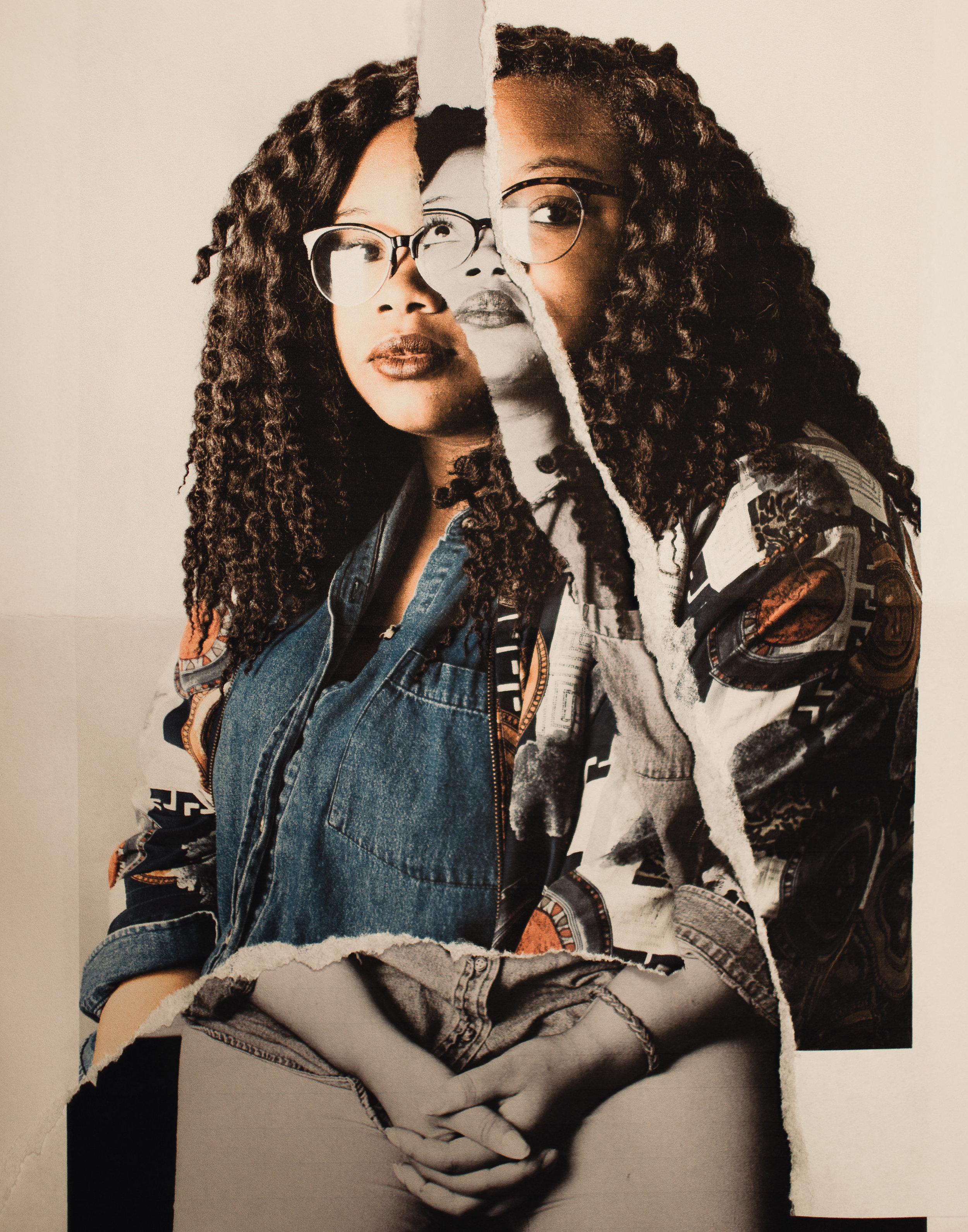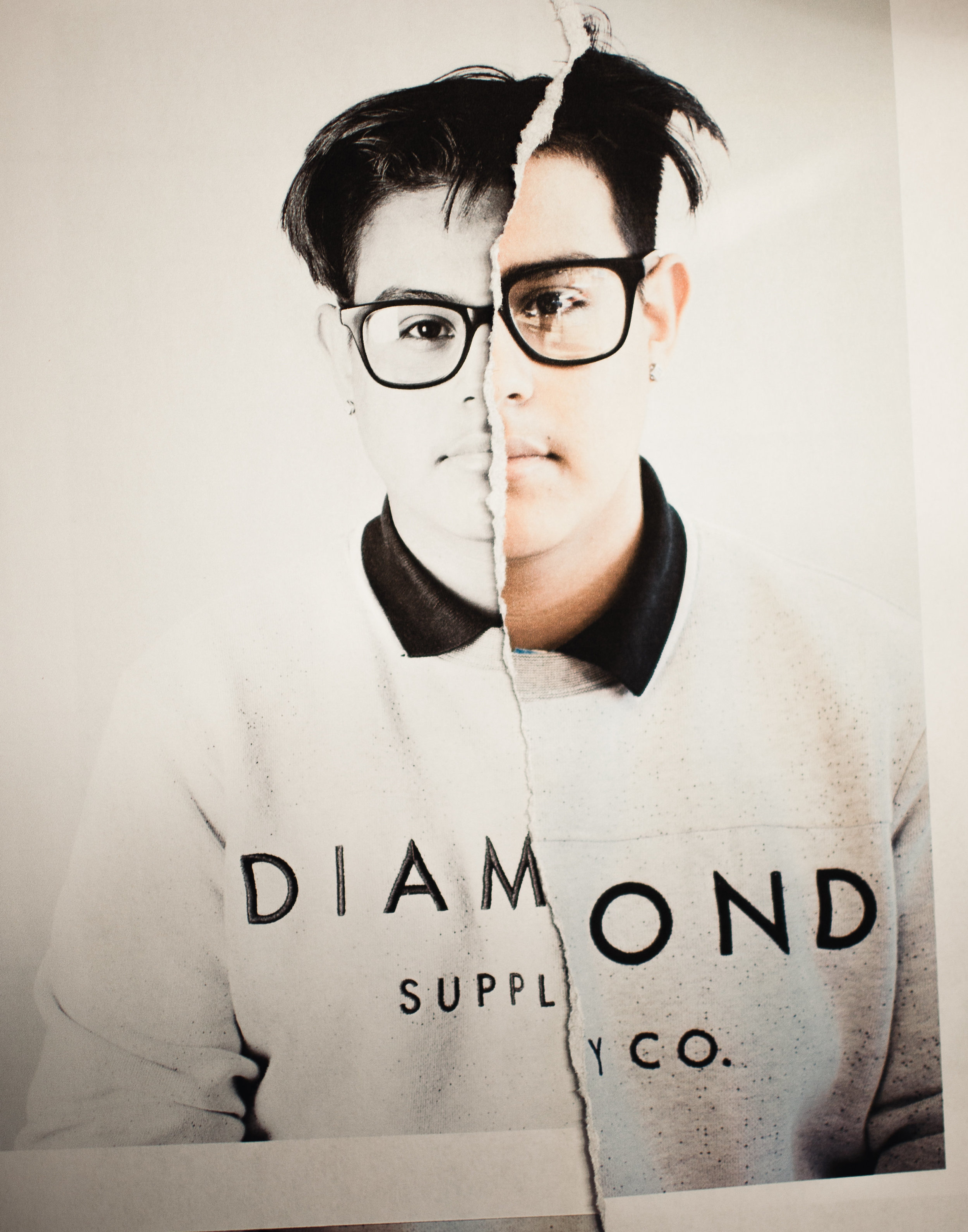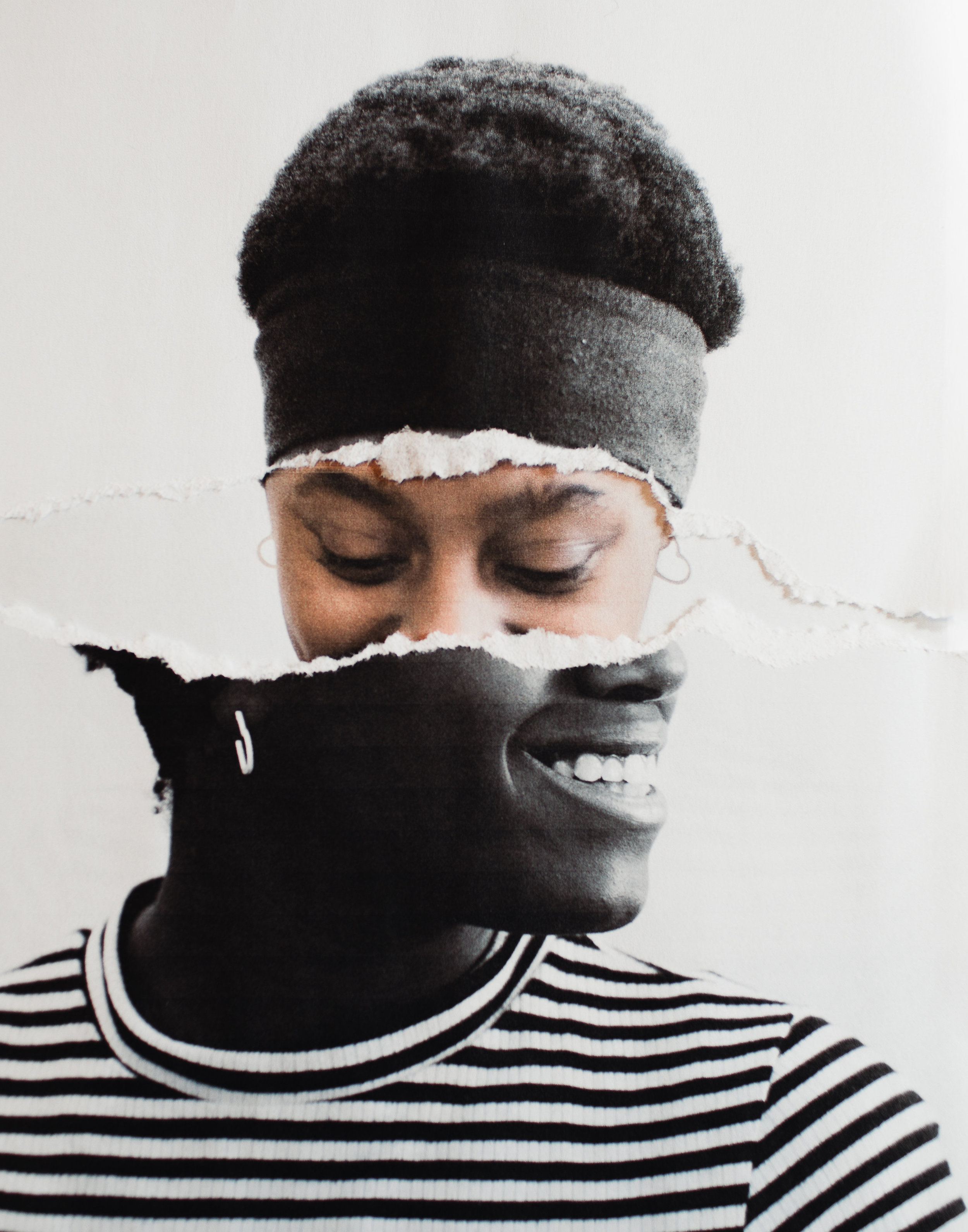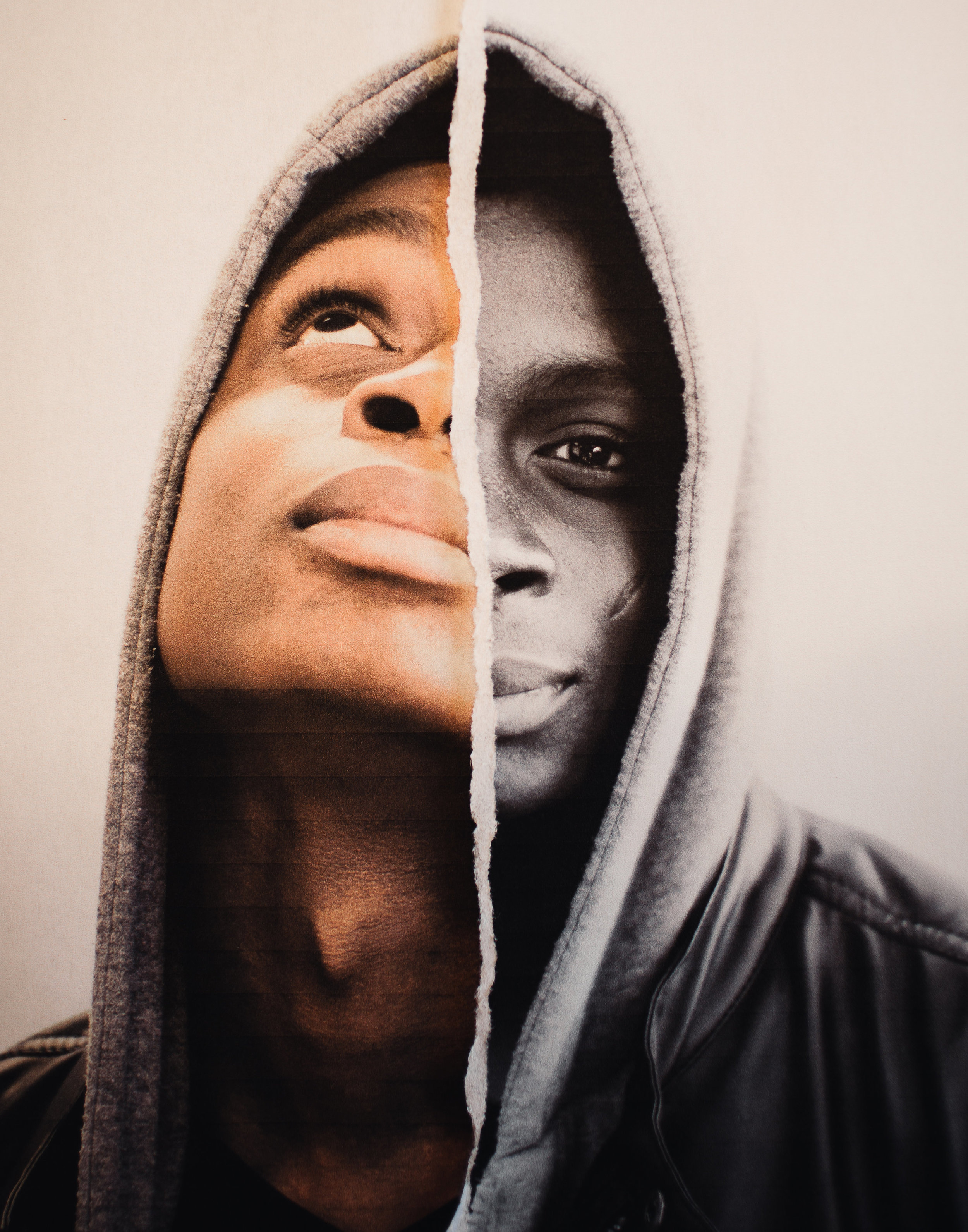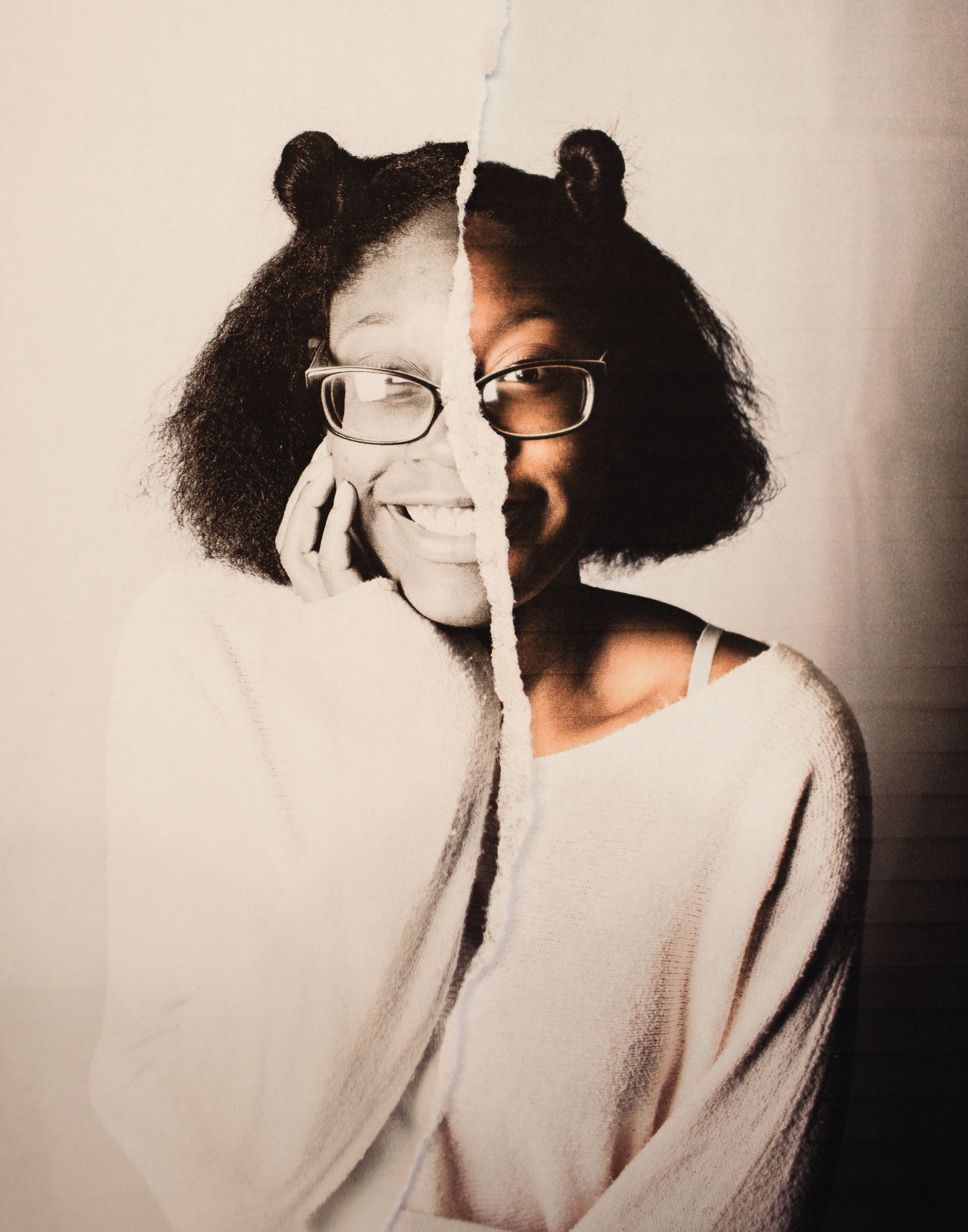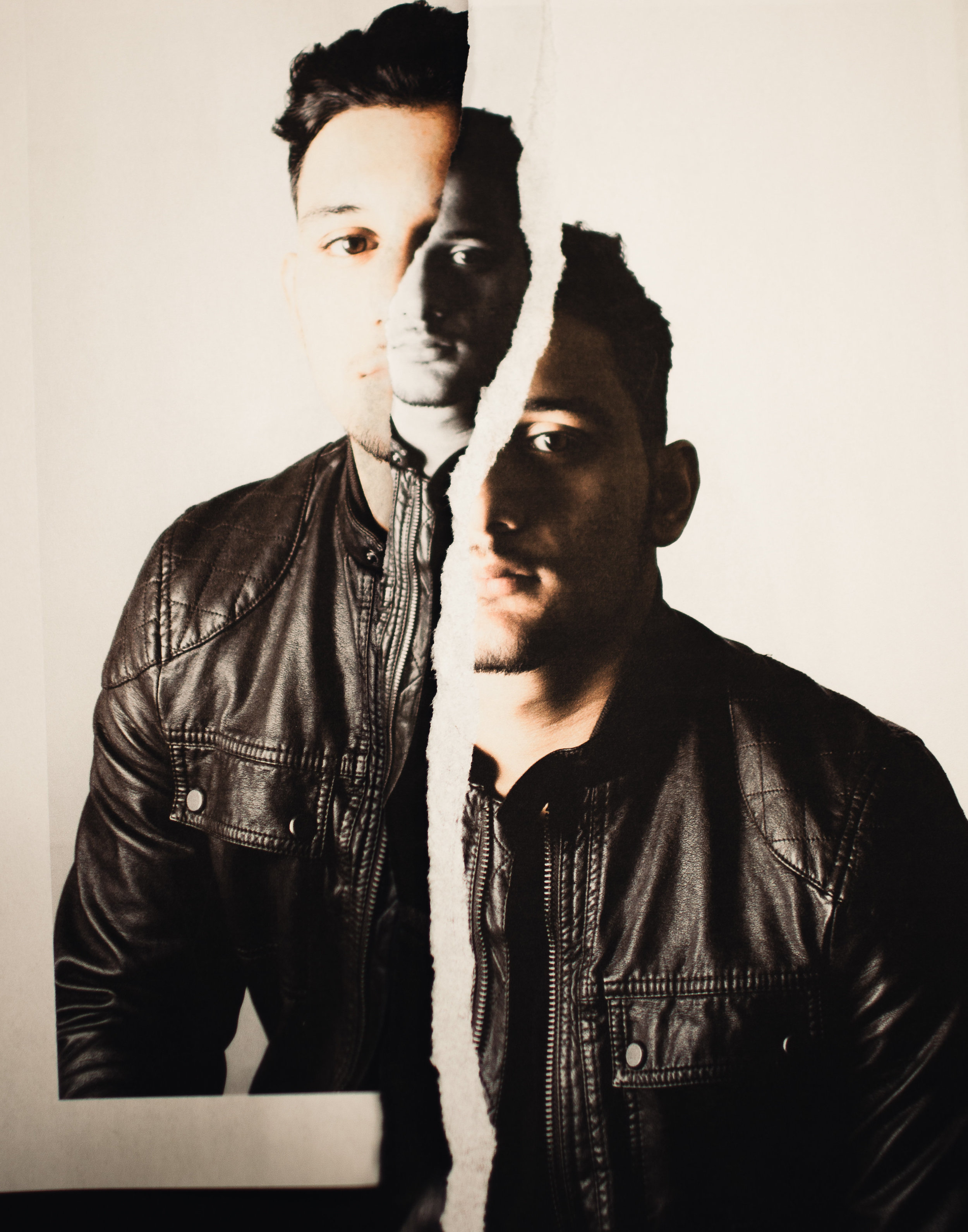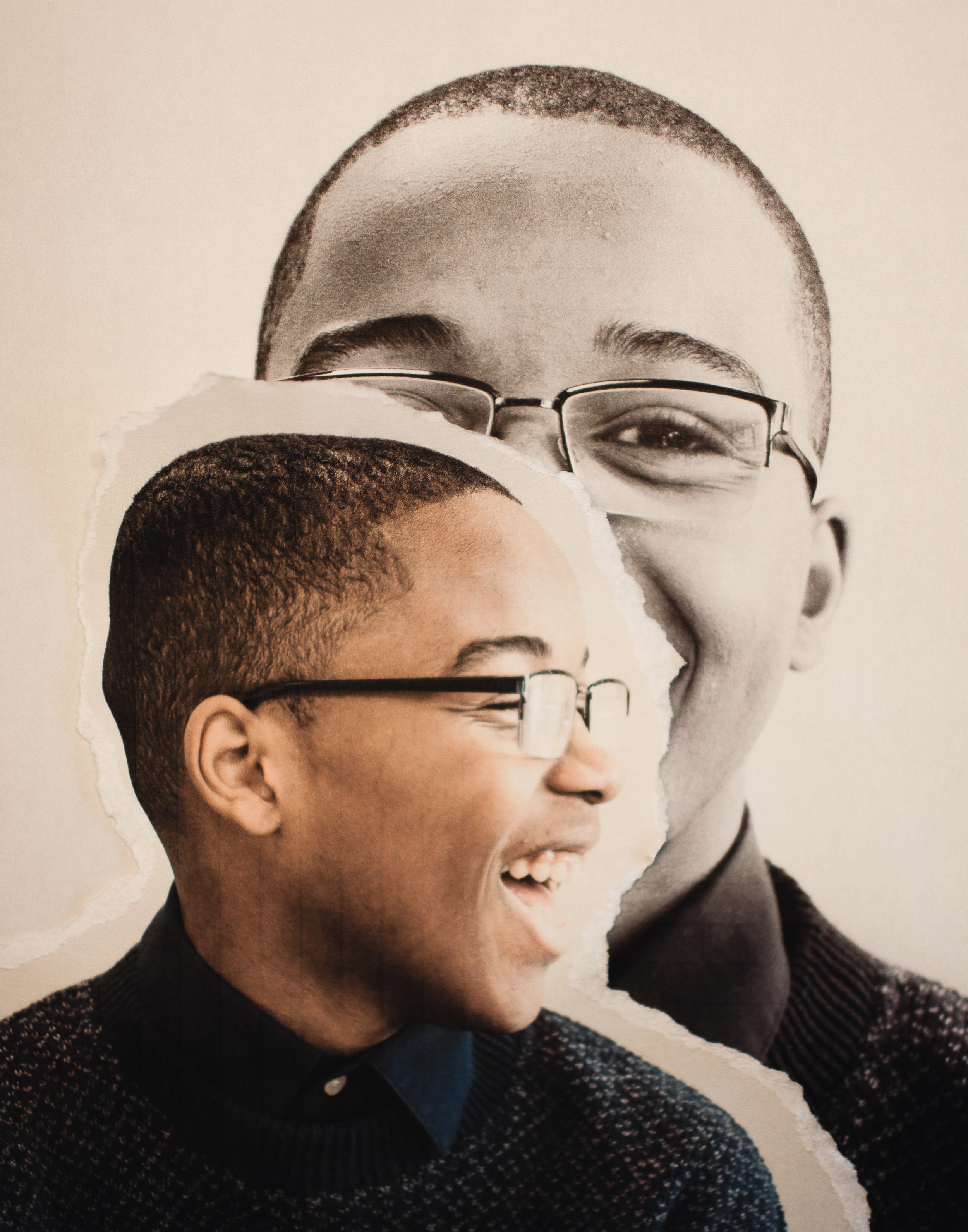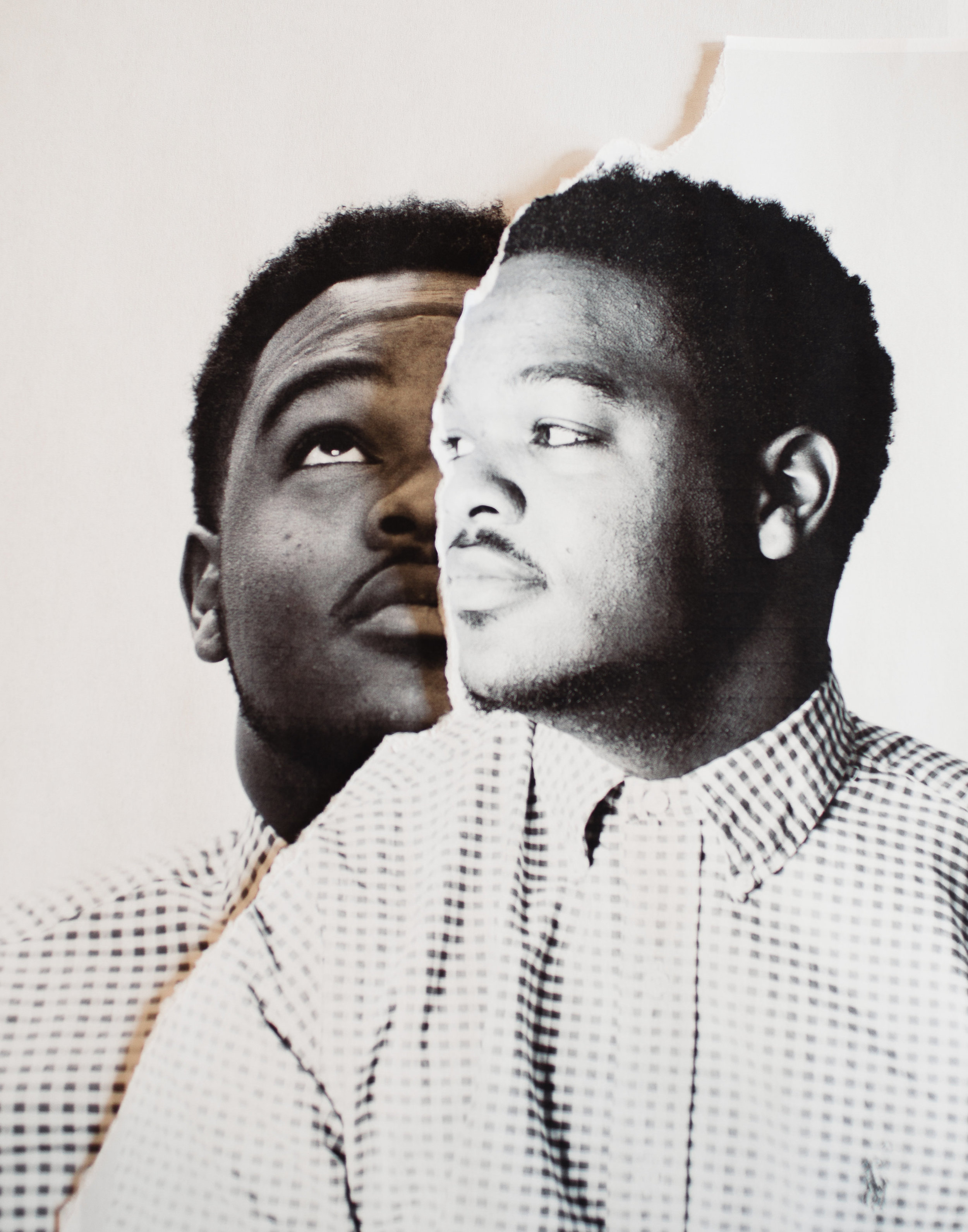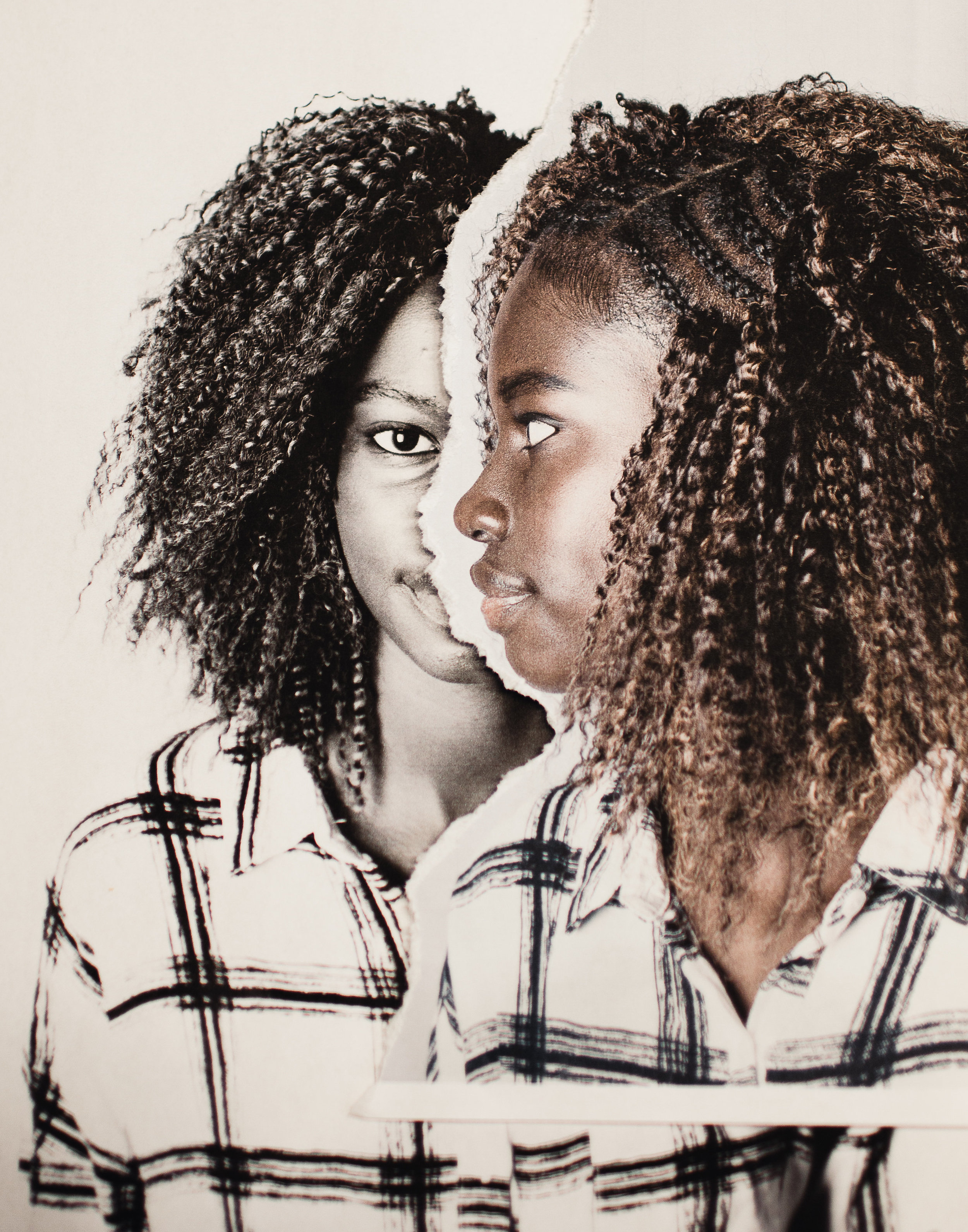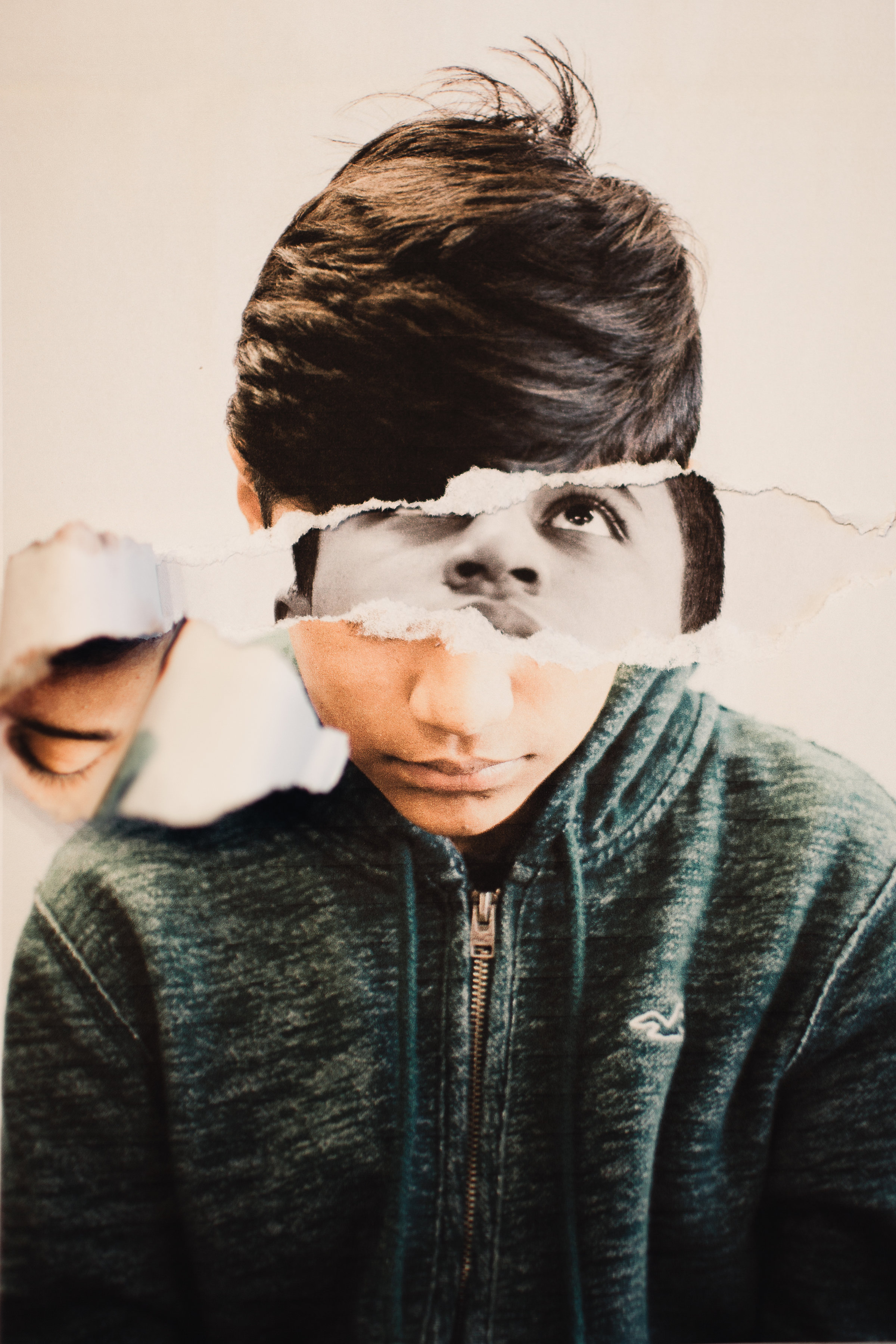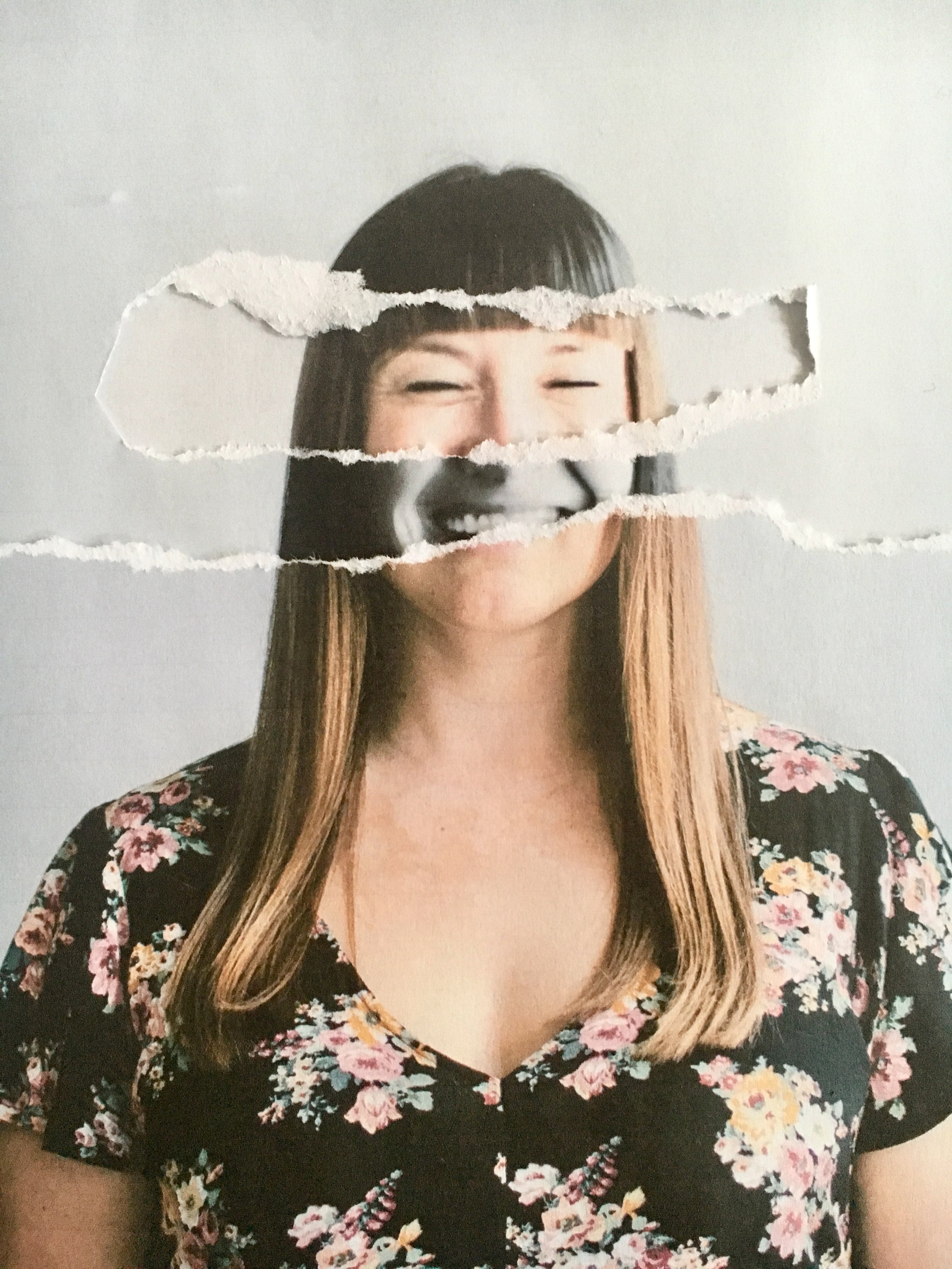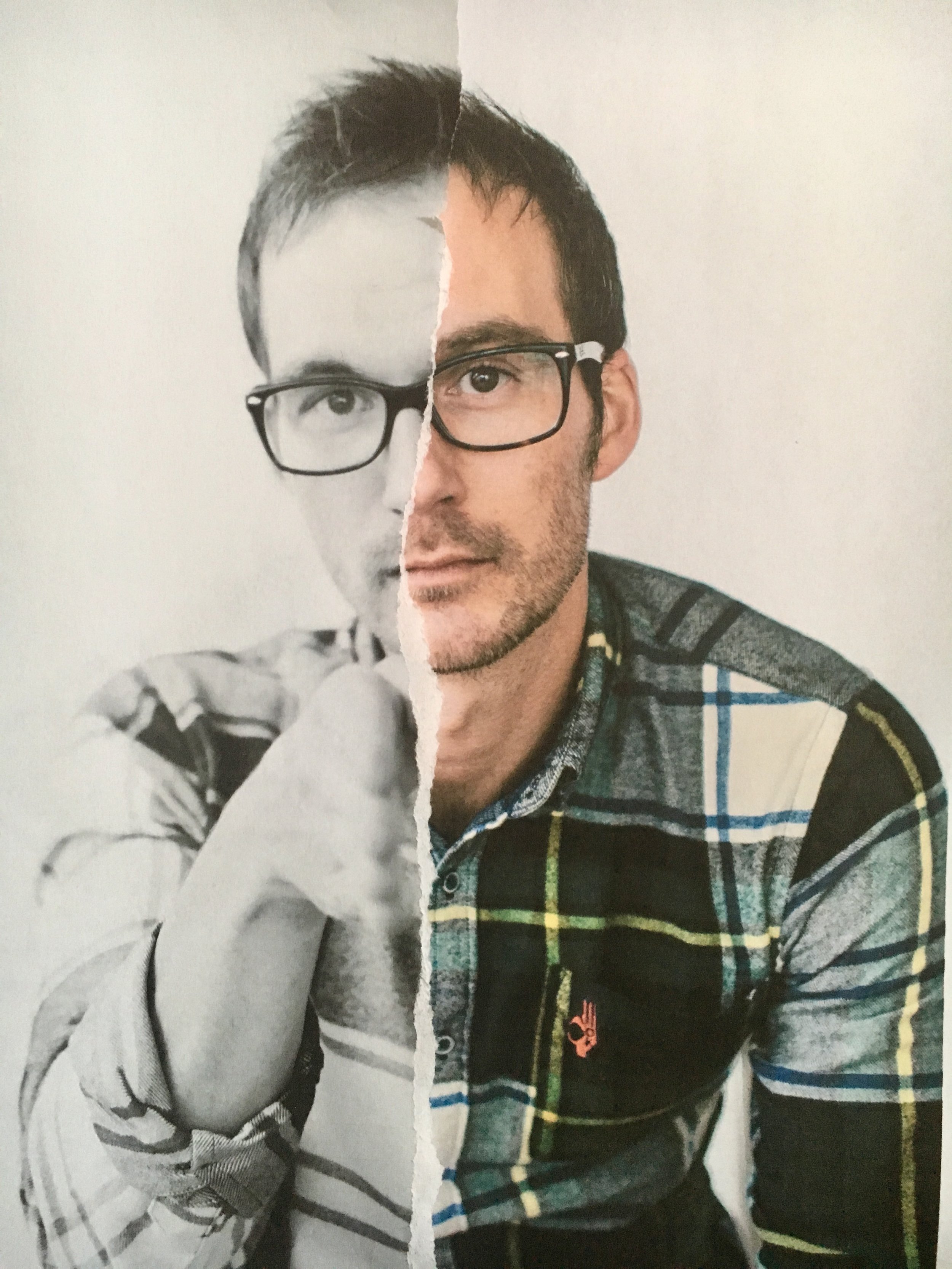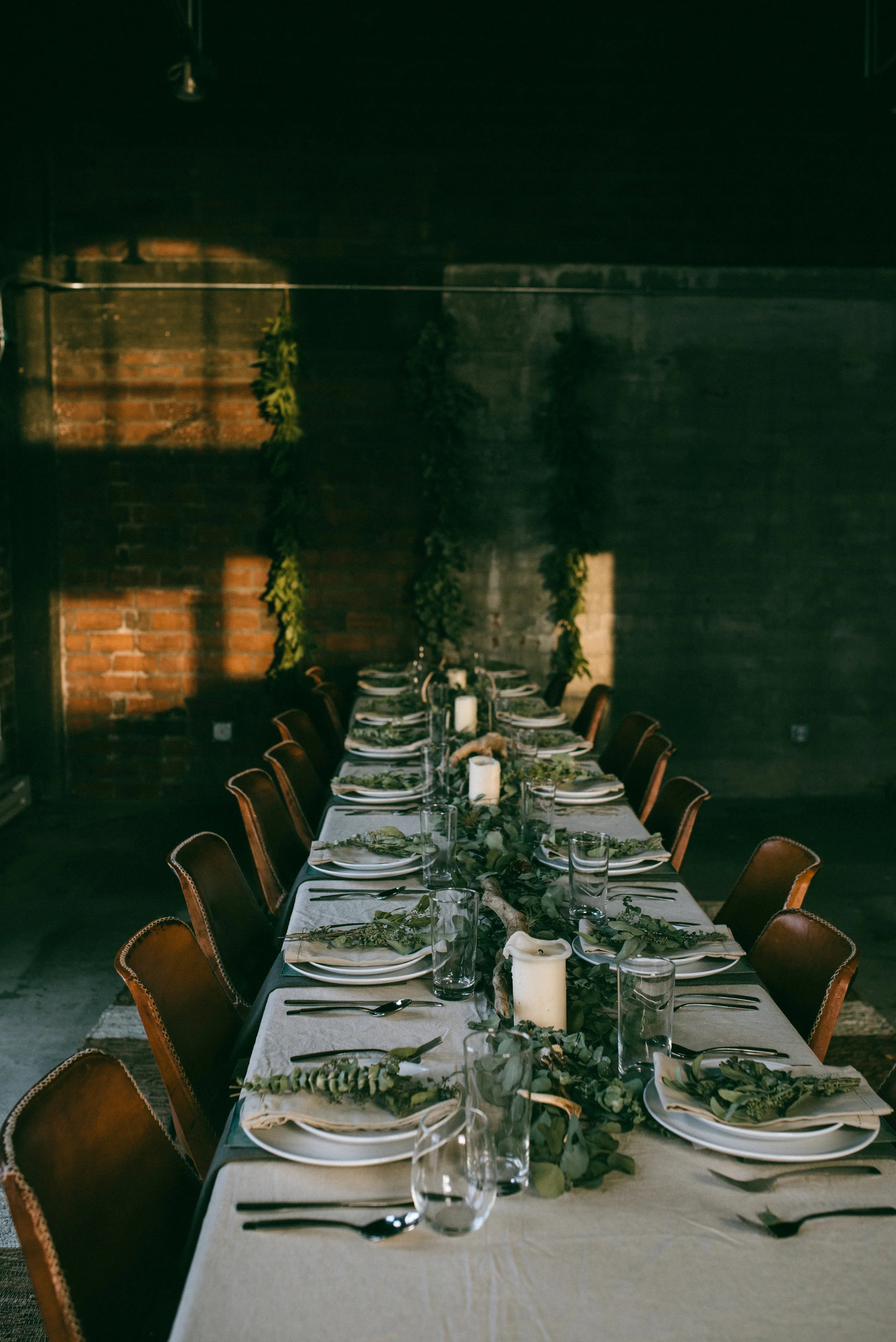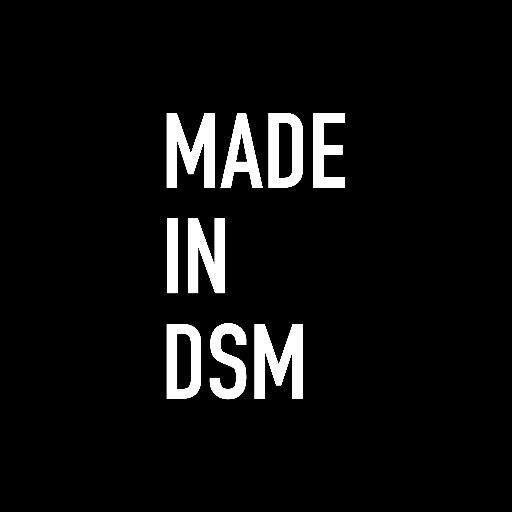The students and teachers of RunDSM
/Two years ago, I featured Emily Lang and Kristopher Rollins of RunDSM here on the site. They couple teaches here in Des Moines and uses spoken word/poetry to give students a voice and a platform. You can read that feature by clicking here.
Over the last few months, I've heard from quite a few readers about how much their story impacted them, so I decided to check in and see how things are going. This time around I was even able to talk with some of their students.
Special thanks to Jami Milne for allowing me to use her portraits.
Throughout my interviews with the students, almost every single one of them described the classroom in a similar way. No one called it a class; everyone called it a family.
Elondra: It’s really cliché, but I’d say the first word that comes to mind when I think about our class is “family.” I have a place where I can be completely myself and not have to question who I am. Students don’t want to leave school in the afternoon and head into another classroom for workshops. They want to leave school and know that they're going to a family. RunDSM isn't a classroom, it's a family and that’s why so many students are involved.
Devonte: Emily and Kristopher keep raising the bar for what poetry can be and what it can communicate to people. They’re teaching us about art, but also about how to become better people and how to help others become better people. They also have this way of holding us underneath their wings, while also allowing us to flourish on our own. This experience is something I'll never forget.
Madi: I’d say that the majority of students in RunDSM don’t have a place outside of the classroom where we feel safe and supported. I think this classroom has given us the chance to choose our own family. I know that when I come into this space I’ll be surrounded by people who love and support me. Being here has helped me to feel connected to something bigger than myself.
I was really interested in how the students used the Arts to share their stories. As we spoke, I realized that this family had given them not just an education, but a sense of place.
Kevin: I'd never experienced anything like this before and it wasn't until I saw my first performance that I realized I wanted to take part in it. I've always felt like I had something to say to the world, but I just didn't know how to say it. When I started attending workshops, everyone showed me how we could tell our stories using spoken word.
Maya: No one in my family has ever done poetry before, so when they attend the shows, I think sometimes they feel out of place. But they know this is where I belong, so they support me.
Julio: This is my last year here and the RunDSM workshops have helped me in so many ways. Its put me in a position to speak for my people, my family, and my peers. My goal is to inspire and motivate my peers through the art of poetry and through public speaking, too. I know public speaking scares people, so maybe seeing me up there will help them push through that fear.
Students and teachers spoke about the growth of the movement and how they viewed their work as part of a larger narrative that would empower future generations.
Emily Lang: Our vision is to continue phasing into the background and allowing for youth leadership to take over more and more. One way we’ve done this is with the formation of the RunDSM Youth Board. They're given the reins to create the structure for our after-school workshops and since the workshops are for them and their peers, we really give them a high level of ownership.
We think that the best thing we can do as teachers is to leave RunDSM in the greatest possible condition for the next generation. If we’re not empowering the leaders in our own classrooms, then we’re not doing our jobs. We want this to be here for our student's kids and their kids.
Jaleisha: Poetry and spoken word are both such unique ways to share our stories. I think both draw people to us who may not normally care about the issues being discussed. But since we're using this particular medium, it causes them to pay attention.
Elondra: It's bittersweet to see it grow because when it started, it was a small group and now it's this big family. But the growth is beautiful and I want it to grow, I don't want this to stop when we graduate. I know that I'll always be a part of the growth, but I won't always be in the growth.
Emily and Kristopher both have a high value for allowing students to lead and learn in the classroom. This has helped them prepare the movement for the future.
Kristopher: The movement is for youth and by youth. They're the ones who decide which artists we reach out to, they run the town halls, and they’re the ones who run the committees for marketing, graphic design, and event planning. This is really our means to release responsibility to them and say this is your event, what do you want it to look like?
Emily: This year, we differentiated the committees even more than before and now each group is working on something more specific. We give them control by giving them our support, showing them our processes, and what’s worked for us over the years.
I’d say that the events themselves give the students a good understanding of what works and what may need to be adjusted. Since they’re involved in all levels of planning, they begin to see the things that work well and why those things worked as well as they did.
I also asked them about the impact of the Obama Presidency. Both teachers viewed the Obama years as transformative.
Kristopher: As a white male, there's massive representation of what I can become here in the states, but it wasn't always like that for people of color. I think seeing the Obama’s in such a position of power was huge for our students. It was empowering and inspiring.
Emily: My first year of teaching was the year Obama was elected. I remember that moment so well of seeing students walking a bit taller or having a little bit more hope because they could say my president is black. Over the last eight years, the first family was so warm and so elegant and that spoke to our students. Seeing him celebrate his blackness and his heritage made them understand what was attainable.
In a post-Obama America, I was curious which voices students were beginning to gravitate towards.
Kristopher: The students really connect to Chance the Rapper and I think it's because he started out doing spoken word and there's a tangibility there. He seems a little bit closer to their level.
Beyonce is another one, for sure. When Lemonade was released, it was a huge topic of conversation - both the record itself and the visual album that accompanied it. When that album came out, Beyonce was just starting to put herself out there as an activist. For the students, watching her use her platform to advocate for black America was huge.
Emily: Solange's latest album is another one, I think. It's a very obvious contemplation of what it means to be a black female. And she brought this edge that a lot of our young women took to heart.
Finally, I asked Emily and Kristopher what they're most proud of when it comes to RunDSM.
Kristopher: There's many of our students who have graduated and gone on to high education, many of them are studying to become teachers and educators themselves. It'll be exciting to get them back into Des Moines public schools once they graduate.
This isn't the Rollins and Lang Show. We really believe that this is the student's work and their legacy that they're forming. It's there's to carry into the future. We're just hear to help and encourage them as they go forwar.


